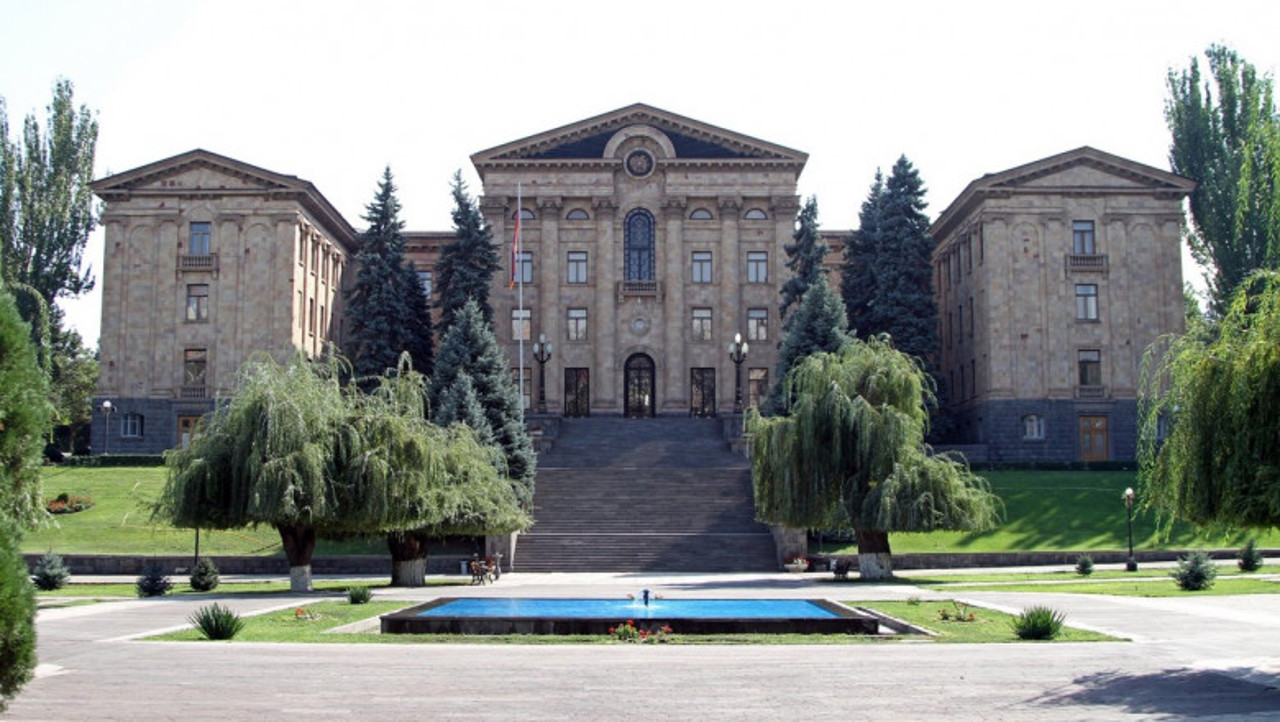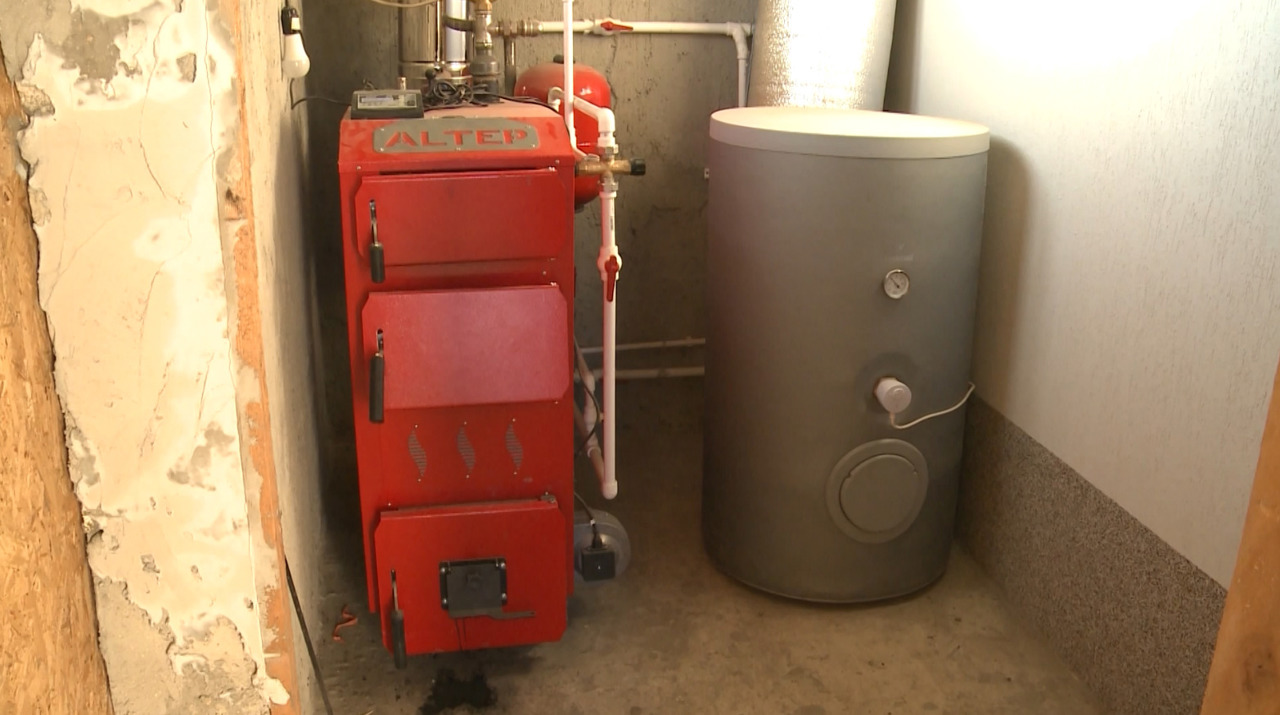Armenia ratifies ICC membership, defying Russia
The Armenian parliament on Tuesday ratified the country's membership in the International Criminal Court (ICC), after a rapid debate on the bill, which drew the ire of Moscow, a traditional ally of Yerevan, but with which relations have been considerably strained, according to AFP, quoted by Agerpres.

The MPs voted in favour of ratifying the Rome Statute, the founding treaty of the ICC, with 60 votes to 22. Russia does not see this project with good eyes, the ICC issuing a warrant for the arrest of Vladimir Putin in the spring.
Membership in the ICC would "create additional guarantees for Armenia" against Azerbaijan, said Eghiche Kirakosian, an Armenian official in charge of international justice issues, on Tuesday.
Baku has just achieved a lightning military victory, putting an end to Armenian separatism in Nagorno-Karabakh. Yerevan, which accuses Russia of abandoning it in the face of a much richer and better-armed adversary, is now concerned about the security of Armenian territory.
The ratification of this status guarantees that a potential invasion of Armenia "will fall under the jurisdiction of the ICC," which will have a "deterrent effect," Eghiche Kirakosian told Armenian MPs.
Armenia signed the Rome Statute in 1999, but did not ratify it, invoking contradictions with its Constitution - an obstacle that has been removed in the meantime.
Opposition parties, which control 36 of the 107 seats in parliament, protested against the opening of debates, leaving the session.
Tsovinar Khachatrian, the speaker of parliament, initially announced that the vote would take place on Wednesday.
The Kremlin said on Thursday that the mere fact of considering membership is an "extremely hostile" act.
"We hope that these decisions will not have a negative impact on our bilateral relations," said Dmitry Peskov, spokesman for the Russian presidency.
Armenian official Eghiche Kirakosian said he has proposed to Russia to sign a "bilateral agreement" to allay its concerns, without giving details.
Relations between Armenia and Russia are going through a turbulent period. Yerevan, which has moved closer to the West in recent months, felt betrayed during the recent Azerbaijani offensive in Nagorno-Karabakh, which the Kremlin denies.
Russia deployed a peacekeeping force in the territory three years ago, after a brief attack by Azerbaijan. But its troops did not budge during the last lightning offensive carried out by Baku.
On Tuesday, Russian Defense Minister Sergei Shoigu nevertheless applauded the action of this contingent, thanking the soldiers for their "altruism and professionalism, which prevented the appearance of other victims."
In total, nearly 600 people were killed in the offensive.
Since then, the enclave has been almost entirely abandoned by its inhabitants, with over 100,000 refugees - out of the 120,000 people who officially live there - fleeing to Armenia for fear of reprisals from Azerbaijan.
After the end of the Russian Empire, this mountainous region populated mainly by Armenians, who consider it an ancestral territory, became part of Azerbaijan.
It proclaimed its unilateral independence in 1991, after the collapse of the Soviet Union, with the support of Armenia.
The separatists of Nagorno-Karabakh, never recognized by the international community, have opposed Baku for over three decades and have faced Azerbaijan in two wars - between 1988 and 1994 and in the fall of 2020.
These clashes have poisoned relations between Armenia and Azerbaijan, which have a tenacious hatred for each other.
Armenia has also accused Azeri troops of violating its border in May 2021 to take control of a small part of the border territory.
Translation by Iurie Tataru




